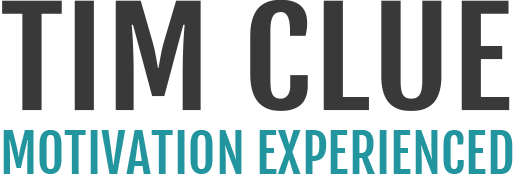The Grade-A Fib We Keep Telling Students
There's a lot of confusion in the news these days about what's fact and what's fake. So I'm starting to lose track of what officially qualifies as a "lie." Nevertheless, here's an oldie but a goodie from the field of education that might make the cut. Drum roll, please ... "If you study and get good grades, everything'll work out."
Ask the straight-A student who's gigging at your local coffee spot or frozen-yogurt store how they feel about this one. And then let’s ask a few more questions connected to "What’s a school for, anyway?" in the year 2017.
What if you study and get bad grades or even mediocre grades? Shucks, you lose. Sorry, next! What if you don’t study because you have an eyesight issue that’s gone undiagnosed? Or you’re exhausted from needless homework attached to a pattern more than a function of participation? What if your brain is tired because school is too early? This stubborn fact is documented by the AMA and the American Academy of Pediatrics, which recommend a start time for middle and high schools that's no earlier than 8:30am (and later is better) if you really want a child's brain to be able to breathe and think.
I know, facts are so last year. OK so how about an emotional appeal: What if, god forbid, you choose not to study because you have far bigger worries than memorizing state capitals? Like, say, walking to school and getting there alive. All next, next, next!
I can hear the debate in your head and we all know this line so feel free to sing along: “Schools can’t address all of society’s problems.” But why shouldn't we try? And what if the current way we set up our schools for failure is society's biggest problem?
I just heard Bill Maher say that access to a quality education may be the civil rights challenge of this era. I think he’s onto something. We like to blame overworked teachers, or administrators trying to stretch one dollar into twenty — but what if, what if, the building and the plan are already broke? What if we threw out this 100-year-old sketch and started to think of setting up schools, teachers, and administrators with a system that might help all minds find a lifelong groove for learning, thinking, doing, and creating?
I know, I know, that would take too much focus and caring. And possibly the biggest ask of all: It would require everyone to start caring about other people's kids, not just their own. To recognize that educating all kids as if they were our own benefits all of us in the long run. Most of us already know this. How do we bring the others along?


